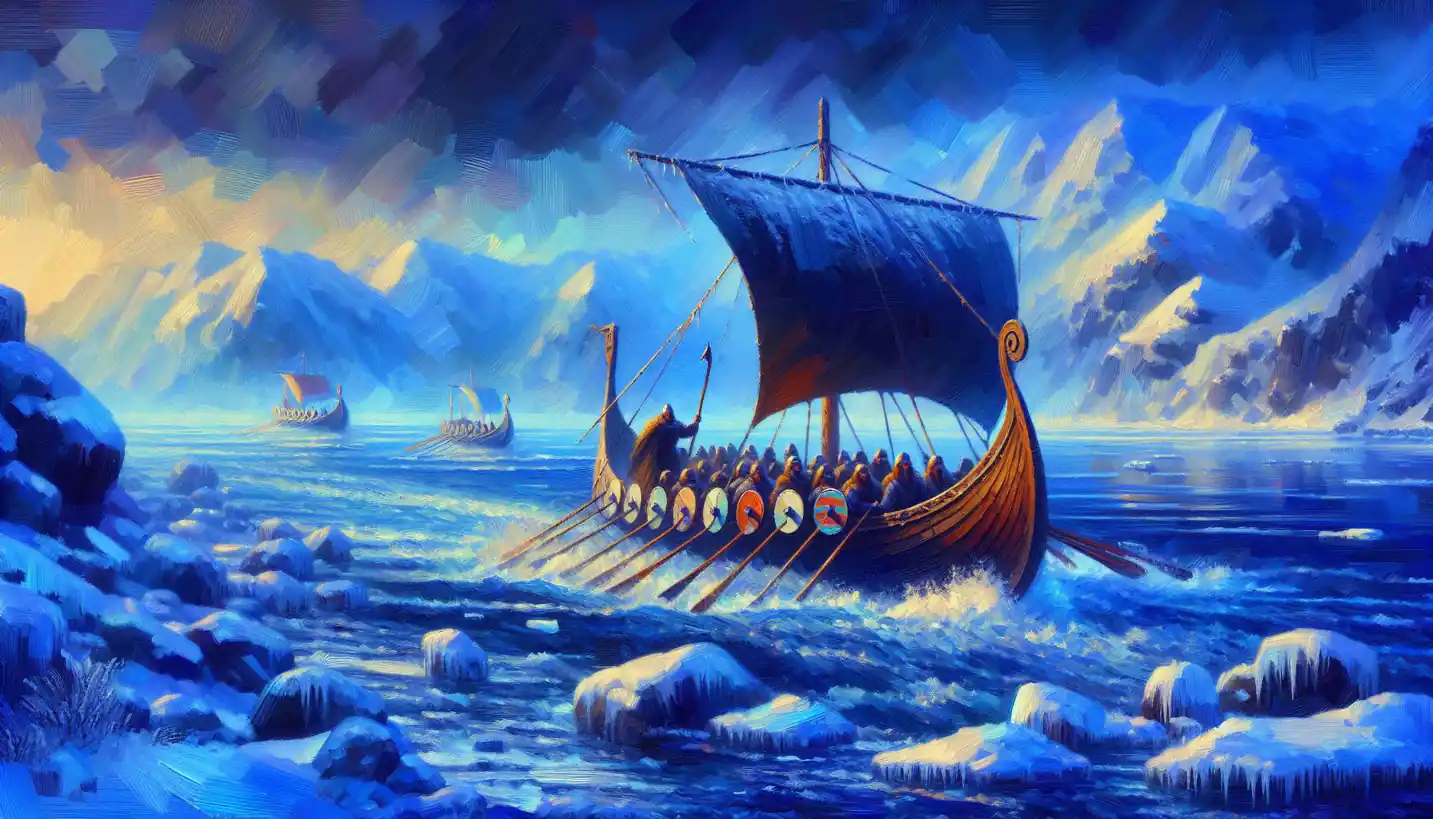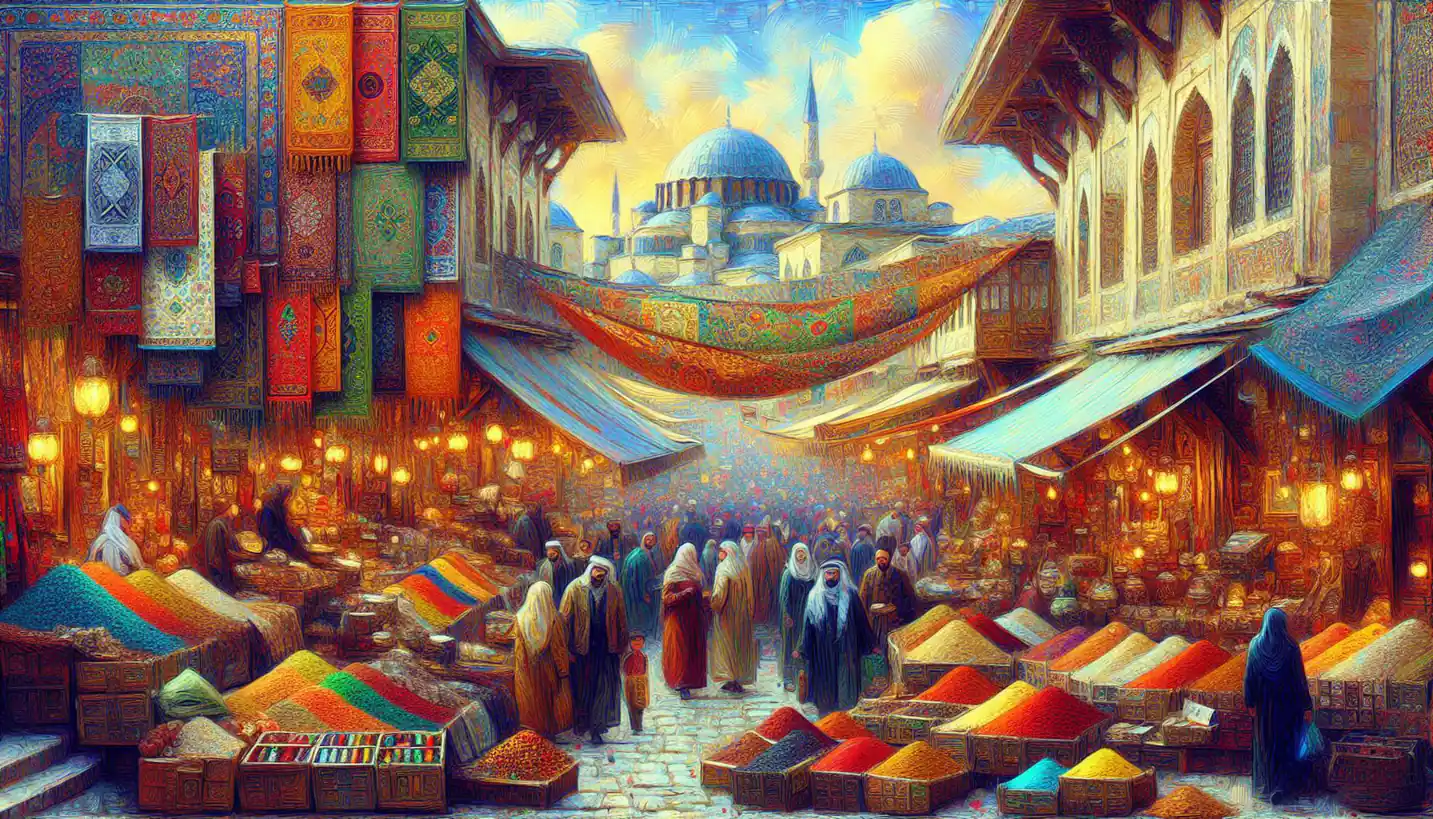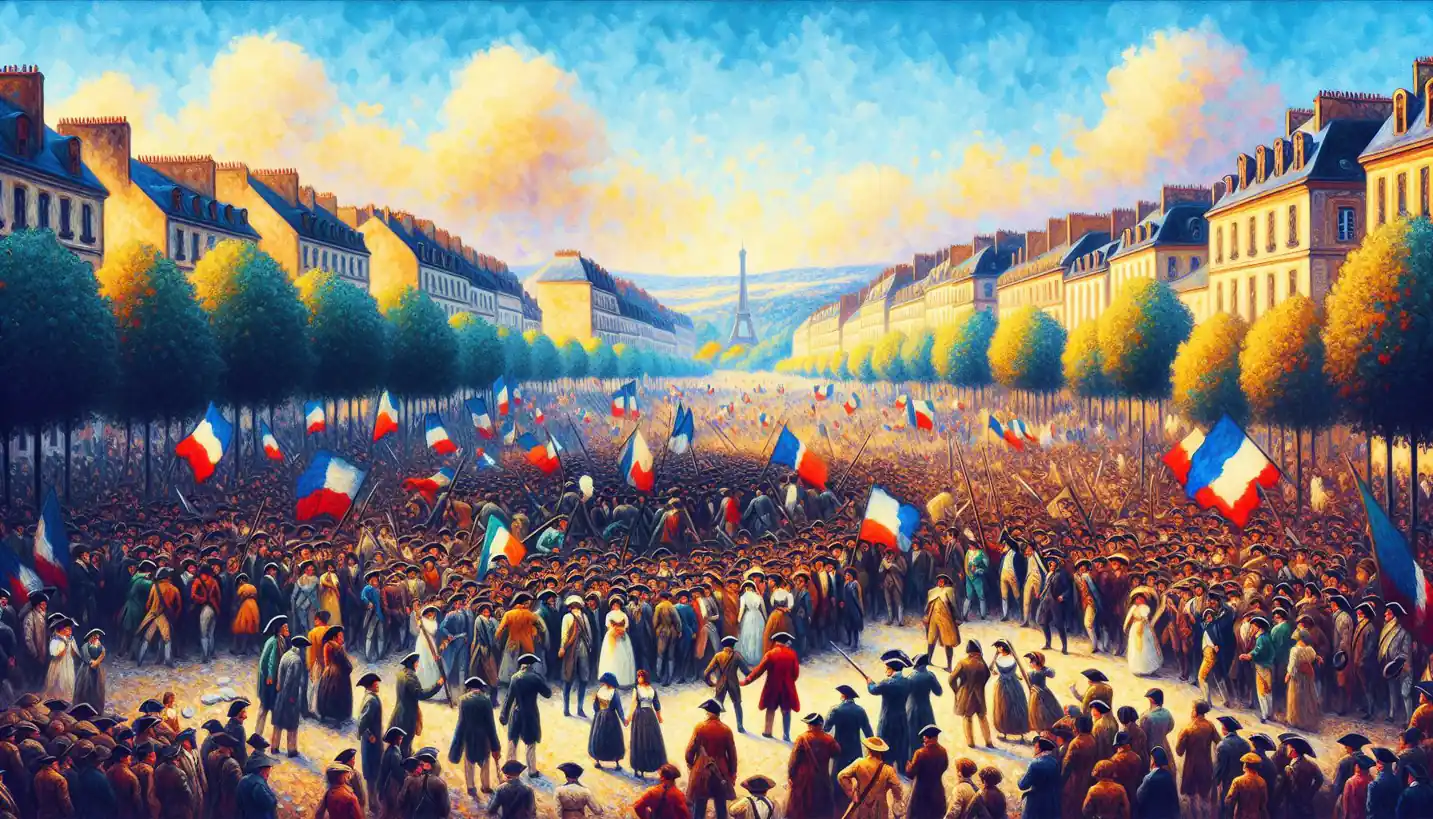· History · 5 min read
Hermeneutics: The Art of Interpretation and Its Impact on Intellectual History
Hermeneutics revolutionizes the art of interpretation, impacting intellectual history profoundly. Delve into these interpretive methods that have transformed understanding.

In the world of ideas, few concepts are as fascinating as hermeneutics. So, what is hermeneutics, and why is it so important in intellectual history? Simply put, hermeneutics is the art and science of interpretation, especially of written texts. Think of it as a bridge helping us understand and find meaning in everything from ancient scripts to modern literature.
The Origins of Hermeneutics
The roots of hermeneutics stretch back to ancient Greece. The term itself comes from the Greek word “hermeneuein,” which means “to interpret.” Imagine early philosophers like Plato and Aristotle pondering over texts, trying to understand the intentions and meanings behind the words. They laid the groundwork for what would become a profound discipline.
By the time the Renaissance rolled around, hermeneutics had gained a foothold in theological studies. Scholars were not just reading religious texts; they were deciphering them, seeking deeper spiritual truths. This is where hermeneutics began to blend with intellectual history, as it became essential for understanding both religious beliefs and the philosophical questions of the time.
The Rise of Modern Hermeneutics
Fast forward to the Enlightenment, a period bursting with discovery and the pursuit of knowledge. With thinkers like Friedrich Schleiermacher, hermeneutics took a significant leap forward. Schleiermacher believed that understanding a text wasn’t just about the words on the page; it was about grasping the author’s intent and the cultural context. Picture it as a dance between reader and writer, where both play a role in creating meaning.
Later, in the 20th century, Martin Heidegger and Hans-Georg Gadamer further developed hermeneutics. Heidegger saw interpretation as part of being human, an integral part of how we experience the world. Gadamer, on the other hand, emphasized the idea of a “fusion of horizons,” where understanding comes from merging our perspective with that of the text. This ongoing dialogue reflects how our views and interpretations evolve over time.
Hermeneutics and Intellectual History
Hermeneutics isn’t confined to philosophy and theology; it’s woven into the very fabric of intellectual history. Every time scholars interpret a historical text, they are engaging in hermeneutics. Consider the way historians look at diaries, letters, or political documents. They are not just gathering facts; they are piecing together a narrative, providing insight into the thoughts and culture of the past.
Understanding the history of ideas, or intellectual history, often involves deep hermeneutic analysis. It’s about seeing beyond the text to explore the influences and motivations that shaped thoughts and movements. For instance, the Enlightenment can be better understood by examining the writings of key thinkers, allowing us to decipher not only what they said but what they meant.
The Role of Context in Interpretation
One of the most crucial aspects of hermeneutics is context. Picture trying to understand a centuries-old poem without knowing the culture it originated from. It’s like trying to solve a puzzle with missing pieces. Context provides those pieces, allowing us to fully grasp the meanings and implications of the text.
Take, for example, Shakespeare’s works. Some references and themes are rooted deeply in the socio-political environment of Elizabethan England. Without that knowledge, we might miss the nuance and richness of his plays and sonnets. Hermeneutics empowers us to delve into these layers, revealing the complexity and beauty of historical texts.
Hermeneutics and the Humanities
Beyond history, hermeneutics plays a vital role in the broader scope of the humanities. Whether it’s literature, art, or philosophy, interpretation is key. Each reading, viewing, or examination is an act of understanding and meaning-making. It’s about connecting with human expression across time and space.
In literature, hermeneutics invites readers to explore themes, symbols, and narratives, finding relevance in their own lives. In art, it’s about interpreting visual cues, colors, and forms to uncover the artist’s message. Philosophically, hermeneutics urges us to question, to seek depth beyond the surface, fostering a more profound engagement with ideas.
Challenges and the Future of Hermeneutics
Of course, interpretation is not without its challenges. Bias and subjectivity can creep into any analysis. How do we separate our own beliefs and understandings from those of the text we’re studying? This question remains central to the field, driving researchers to develop methods and strategies for more accurate interpretations.
Looking ahead, the digital age offers new frontiers for hermeneutics. With vast amounts of information and texts available online, the tools for interpretation are evolving. Digital hermeneutics is emerging, promising to enhance our ability to analyze and understand complex texts using technology.
Why Hermeneutics Matters
In today’s world, the art of interpretation is more essential than ever. Whether we are deciphering historical documents, analyzing literature, or understanding different cultures, hermeneutics provides the framework for making sense of it all. It’s about fostering empathy, expanding our minds, and connecting with the human experience.
As we continue to explore the depths of intellectual history, hermeneutics remains a guiding light, reminding us of the power of interpretation. By embracing this art, we can uncover rich narratives, hidden truths, and shared wisdom that span across time.



